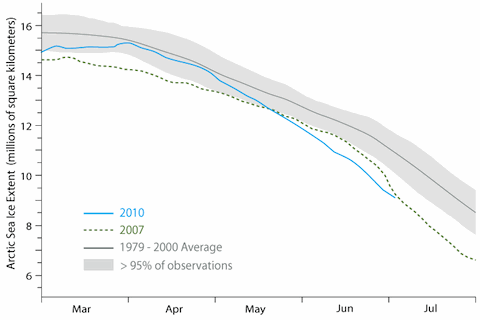
In 2007, Arctic sea ice retreated so dramatically that it broke all previous records for sea ice minimum for July through October. Is this year’s summer ice melt season on track to surpass 2007?

In 2007, Arctic sea ice retreated so dramatically that it broke all previous records for sea ice minimum for July through October. Is this year’s summer ice melt season on track to surpass 2007?
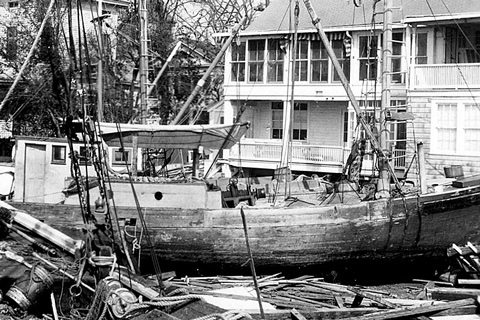
In 1938, an unexpected Category 3 hurricane plowed across Long Island and into Connecticut. Could history repeat itself?
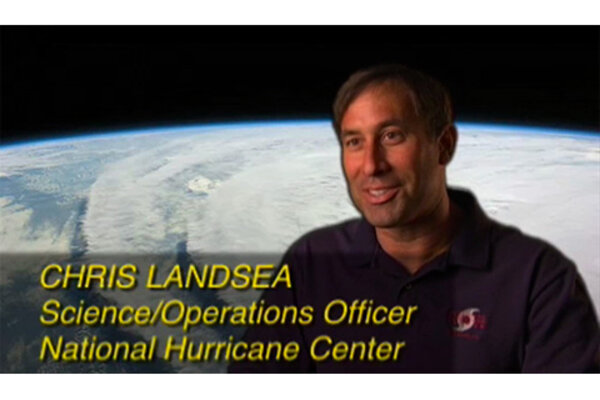
May 28, 2010
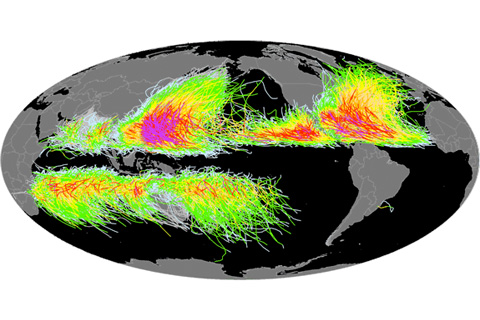
Researchers at NOAA’s National Climatic Data Center collaborate with tropical cyclone centers and scientific agencies around the world to assemble and maintain the International Best Track Archive for Climate Stewardship (IBTrACS), an inventory of tropical cyclones.
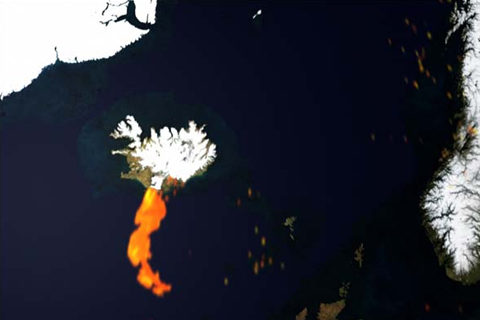
Iceland’s Eyjafjallajökull Volcano roared to life on April 14, 2010, injecting billowing clouds of steam and volcanic ash into the atmosphere.
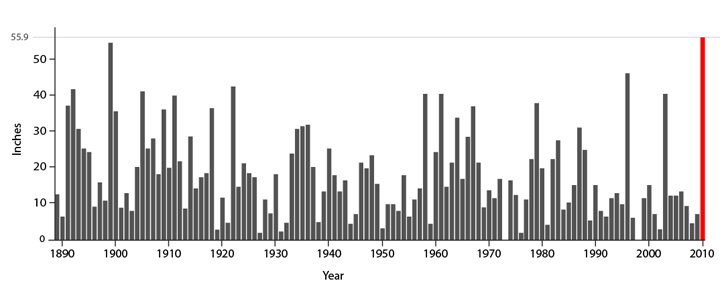
NOAA's Climate Scene Investigators analyzed why the mid-Atlantic region had record-setting snowstorms this winter. The team looked for but found no human "fingerprints" on the severe weather. Instead, they fingered two naturally occurring climate patterns as co-conspirators in the case.
We can have record-setting blizzards and global warming at the same time. NOAA scientists explain climate variability, how it influenced our weather this winter, and how it differs from climate change.
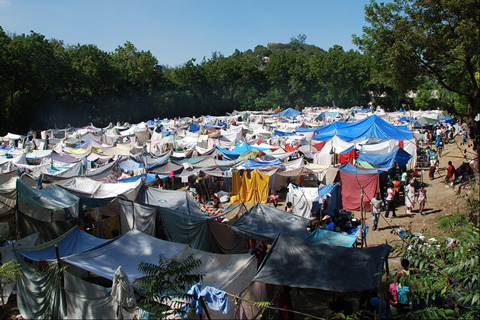
Almost two months after a devastating earthquake rocked Haiti, nearly half a million people there are displaced from their homes, and a million more are living without proper shelter. What climate-related risks will they face in the coming months?
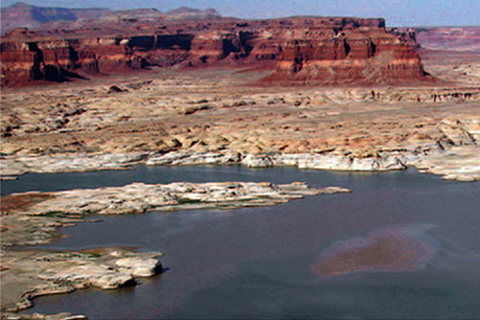
Two photographs, taken 18 months apart, show a significant decrease in Lake Powell during the most serious period of recent drought.
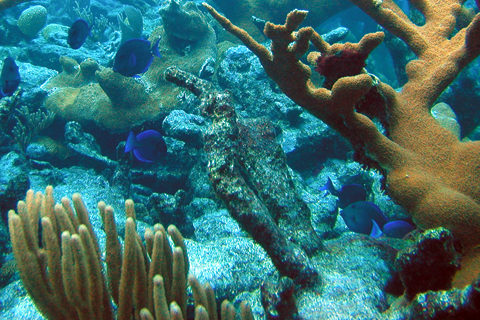
Coral reefs are important and productive ocean ecosystems, providing shelter and protection for diverse sea life. NOAA's latest seasonal outlook for coral bleaching shows potential for bleaching along the Pacific coast of Mexico and islands in the equatorial central Pacific Ocean.